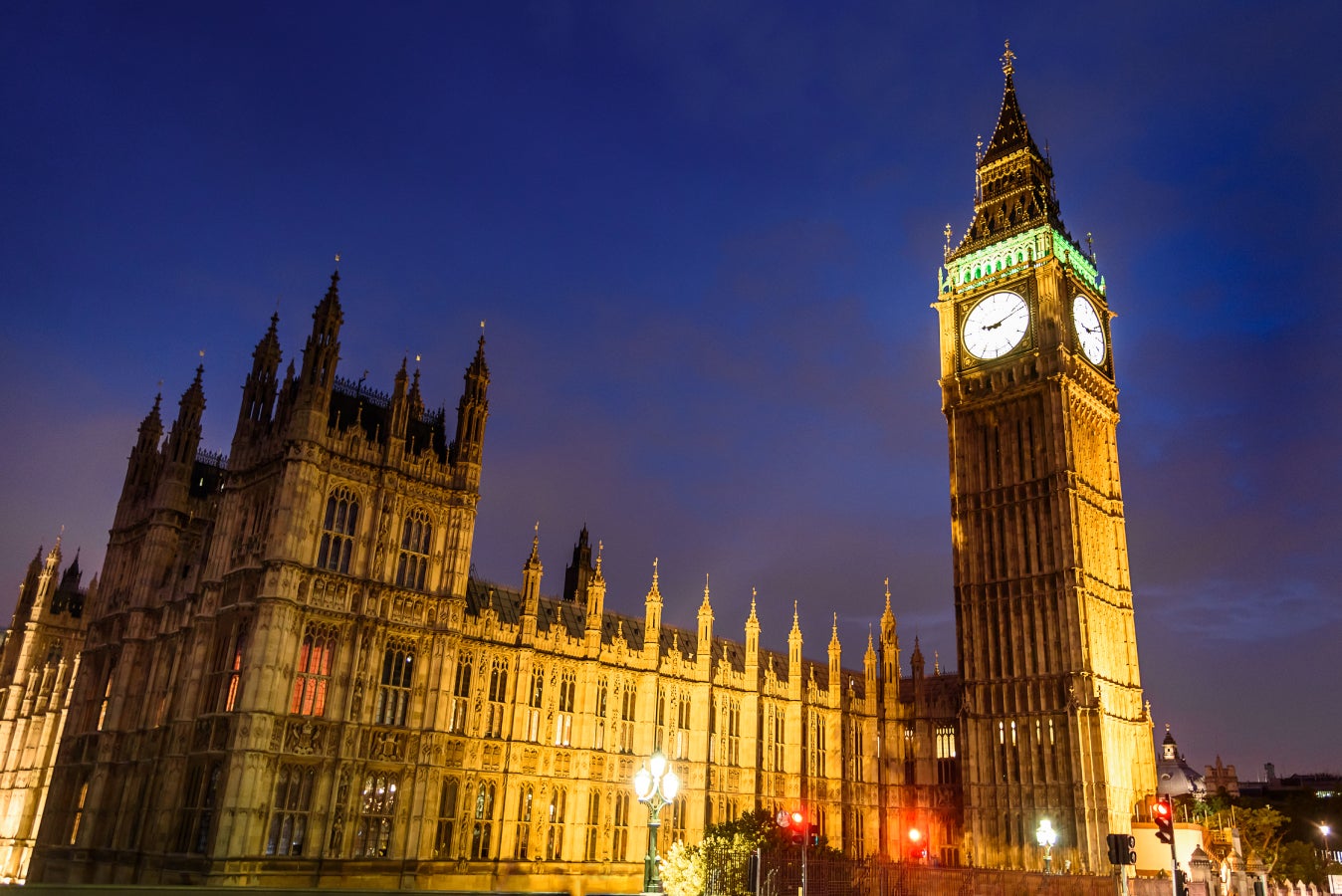
Google and OpenAI have rejected the U.K. government’s proposal aimed at balancing the use of online content for AI training with protecting artists’ rights to consent and compensation. The companies suggest that a broad exception for text and data mining (TDM) would be more beneficial for all stakeholders.
The government’s proposal, published in December, outlined a system that permits AI developers to use creators’ online content to train their models unless rights holders explicitly opt out. It also mandates transparency from AI developers on which creative materials they use and how these are sourced.
Tech giants favor broad TDM exception over artist protections
In its response to the subsequent consultation, OpenAI said opt-out models face “significant implementation challenges.” OpenAI pointed to the unclear standards in the EU, which mean “AI developers struggle to identify which works can be accessed and which are off-limits.” The ChatGPT maker said any transparency obligations must not require the disclosure of more sensitive information than is required in other jurisdictions, or AI companies may be less inclined to operate in the U.K.
OpenAI also supports the proposal of a TDM exception that would allow copyrighted material to be used to train commercial models without the rights holder’s permission. The company claims it will “drive AI innovation and investment in the UK, and could be designed to balance the needs of AI development with the mitigation of concrete harms to copyright owners.”
SEE: Google, Meta Criticise U.K. and E.U. AI Regulations
Google wants the TDM exception too, as it lays out in its response; however, it wants it for both commercial and non-commercial uses. The company has expressed this desire multiple times before, but plans to allow it for commercial purposes were abandoned in February 2023 after being widely criticised by creative industries.
The Gemini creator clarified it supports the opt-out model for creators but that it does not “translate to remuneration rights” if their content is somehow used in training data. The government’s proposal would allow rights holders to negotiate their own licensing agreements with AI companies if they chose to do so.
Google also described the transparency requirements as “excessive” and could “hinder AI development and impact the U.K.’s competitiveness in this space.”
Artists push back
Artists have expressed outrage over the U.K.’s decision to revise copyright laws in favour of AI, placing the onus on them to opt out of AI training rather than the AI company seeking consent by default. The likes of the Independent Society of Musicians and Publishers Association argued this would further erode their ability to control and profit from their creations.
Last month, more than 400 artists, including Paul McCartney, Ben Stiller, and Cate Blanchett, sent a letter urging action against AI companies for allegedly exploiting copyrighted works without permission.


